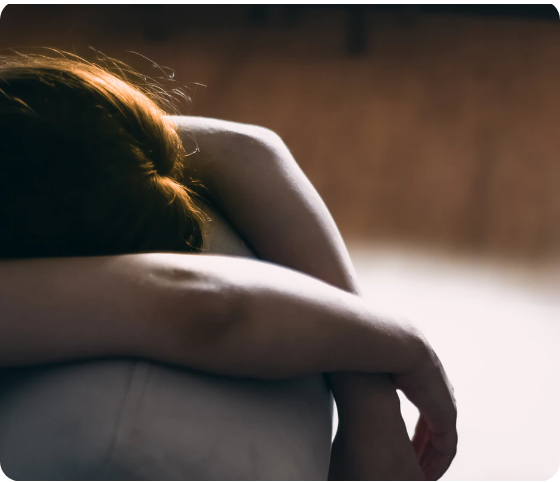Championing change: advocacy | news | collaboration

Hear about current research directly from scientists and meet the people doing such important work to improve our health.

ME Australia’s news includes news on Australian research, politics and policy, interviews with scientists, coverage of events and more.
© 2021 ME Australia. All Rights Reserved.